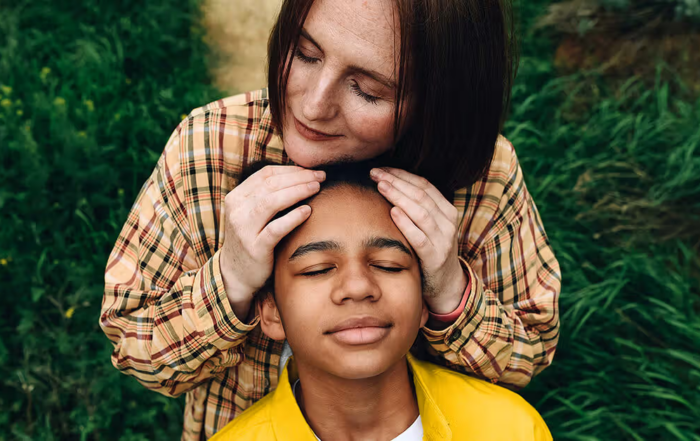
By David Rettew M.D., ABCs of Child Psychiatry
The last decade of the 1990s was often labeled the “Decade of the Brain,” as many mental health clinicians and researchers emphasized biological and genetic factors as contributing to both mental health and illness. Over the last 15 or so years however, the pendulum has swung the other way, with a lot of focus on the role of traumatic and adverse experiences as the primary contributors to mental health disorders. Included in the expanded definition of adverse experiences are societal factors, often called social determinants of health, that include things such as poverty, racism, and lack of access to safe and healthy environments.
Share This Post!
The Mental Health of Minority and Marginalized Young People: An Opportunity for Action
By Vivek H. Murthy, Surgeon General Mental health is an essential part of overall health. It not only affects the ability of young people to succeed in school, at work, and [...]
How to Break the Cycle of Childhoold Trauma? Help a Baby’s Parents
By Rhitu Chatterjee, NPR Teresa Cox-Bates was only 11 years old when her father died, an event that dramatically altered her family's circumstances and shaped her childhood experiences. Studies also show [...]
Supporting Children and Teens During the Holiday Season
Provided by The National Child Traumatic Stress Network This fact sheet provides tips that parents can use to talk to their children and teens about how they are feeling and changes [...]
How a History of Trauma is Affecting the Children of Gaza
By Rhitu Chatterjee, NPR Researchers say the cumulative trauma of chronic ethnic-political violence has a profound and lasting impact on children's mental health and development, affecting their functioning and outlook on [...]
Helping Children Cope After a Traumatic Event
Provided by the Child Mind Institute In the wake of a traumatic event, your comfort, support and reassurance can make children feel safe, help them manage their fears, guide them through [...]
Mental Health Resources for Caregivers
Provided by Mental Health America Caregiving can often have a significant impact on the life of the caregiver in more ways than one. It can make maintaining your physical and mental [...]







